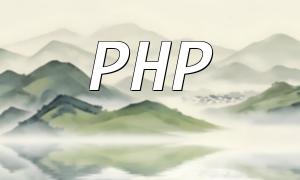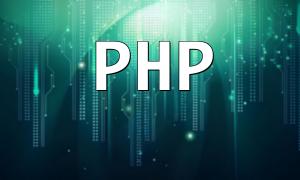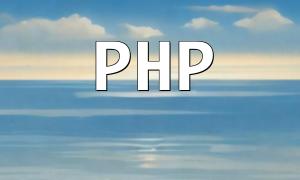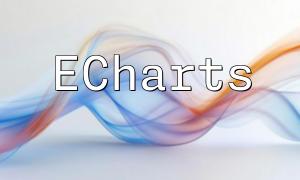As the internet continues to evolve, web development technologies are constantly advancing. While PHP remains widely used, many high-performance and flexible alternatives have emerged. This article introduces several mainstream web development technologies aside from PHP, along with code examples to illustrate their strengths.
Node.js is an open-source, cross-platform runtime environment built on Chrome's V8 engine, ideal for building high-performance and scalable network applications. Its event-driven, non-blocking I/O model makes it especially efficient in handling numerous concurrent requests.
Example code:
// hello.js
const http = require('http');
http.createServer(function (req, res) {
res.writeHead(200, {'Content-Type': 'text/plain'});
res.end('Hello World');
}).listen(3000);
console.log('Server running at http://localhost:3000/');Django is a mature and feature-rich Python web framework that emphasizes rapid development and clean design. It comes with a comprehensive set of built-in tools and components, enabling developers to build robust and secure websites quickly.
Example code:
# views.py
from django.http import HttpResponse
def hello(request):
return HttpResponse("Hello, world. You're at the polls index.")Ruby on Rails (Rails) is an open-source web framework based on the Ruby language, following the “convention over configuration” principle. Rails provides a wealth of development tools and conventions that greatly improve web application development efficiency.
Example code:
# hello_controller.rb
class HelloController < ApplicationController
def index
render plain: "Hello, world!"
end
endBeyond PHP, Node.js, Python Django, and Ruby on Rails are all highly regarded choices in web development. Each has unique advantages suited for different project needs and developer preferences. This article aims to offer valuable insights to help developers choose the right technology stack and build efficient, stable web applications.









